 ISLAMABAD, April 25: Differences between Pakistan and India over the Iran-Pakistan-India (IPI) gas pipeline project were resolved on Friday and the two countries agreed to start work on laying pipelines next year for procuring gas from Iran by December 2012.
ISLAMABAD, April 25: Differences between Pakistan and India over the Iran-Pakistan-India (IPI) gas pipeline project were resolved on Friday and the two countries agreed to start work on laying pipelines next year for procuring gas from Iran by December 2012.
Talks between the two countries to resolve the differences, mainly relating to transit fee and transportation tariff, failed in June last year, putting the $7.5 billion ‘peace pipeline’ project into cold storage. But the current energy crisis and spiralling oil prices brought them back to the table.
India showed urgency in resuming talks after the Chinese government expressed interest in joining the project, virtually replacing India. India did not take part in three rounds of talks held over the past nine months and its oil minister cancelled at the last minute a scheduled visit to Islamabad in February.
Petroleum Minister Khwaja Mohammad Asif, addressing a joint press conference with his Indian counterpart Murli Deora, said that contentious issues had been resolved, but an agreement would be signed after a go-ahead from the two governments. The process would not take more than ‘a few days or a few weeks’. He said Pakistan’s share in the cost of the project would be around $3 billion.
The two projects will enable Pakistan to meet about 75 per cent of its gas requirement.
Work on the approximately 2,775km IPI pipeline will begin in 2009 and will be completed by December 2012. It will carry 2.46 billion cubic feet of gas a day from Iran’s South Pars field to be equally shared by Pakistan and India.
“We have reached an agreement on the principles on which we hope the project can go ahead. India believes that close economic cooperation with its neighbours is not only a necessity but it also builds the stakes and trust that strengthen the overall relationship,” said the Indian minister.
The two sides agreed to resolve all issues before the next round of talks scheduled later this year.
Mr Deora said the issue of transit fee would be resolved in two weeks. He said India considered the transit fee demanded by Pakistan to be high.
Earlier, India was demanding that Pakistan should waive the transit fee because it would also be getting transportation charges.
Both the ministers dismissed reports about US reservations over the project because it involved Iran.
Answering a question, he said that unrest in Balochistan was almost under control. “There will be no threat to this pipeline.”
The route of the pipeline has been altered at the insistence of India for security reasons. It will enter Pakistan near Gwadar and move along the highway to join the transmission system near Nawabshah.
Indian officials told the PTI news agency that the two sides had agreed on a ‘template’ for finalising the transportation tariff, which was linked to the cost of constructing the pipeline.
The fee would be worked out when Pakistan finalised a contract for building its section of the pipeline, they said.
They said the two sides had narrowed their differences on the transit fee and agreed on a broad formula for calculating it. There were indications that the eventual figure would be a compromise between India’s earlier offer of 15 cents for one million British thermal units of gas and Pakistan’s demand of about 60 cents.
Petroleum Secretary Farukh Qayyum said the transit fee was a ‘very minor component’ of the cost of the project and the two sides had “agreed on a range that is mutually acceptable” and based on international practices.
A joint statement issued after the meeting said the two sides had also discussed the structure of the company that would execute and manage the project.
Agencies add: Iranian President Mahmoud Ahmadinejad is visiting Pakistan and India next week and the main issue expected to feature in his talks in Islamabad and New Delhi is the pipeline.















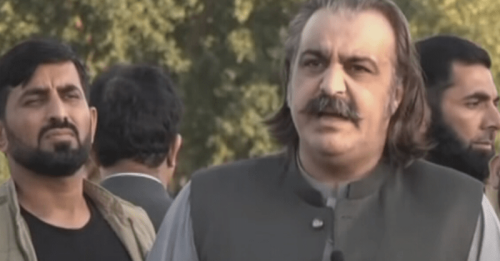

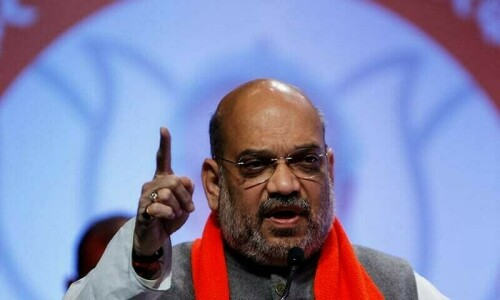
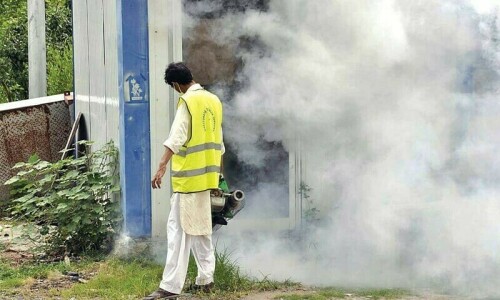
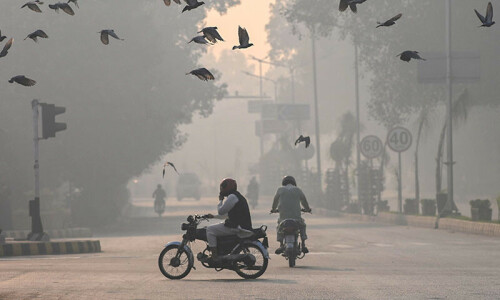





















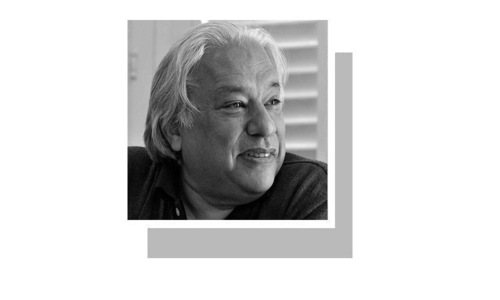

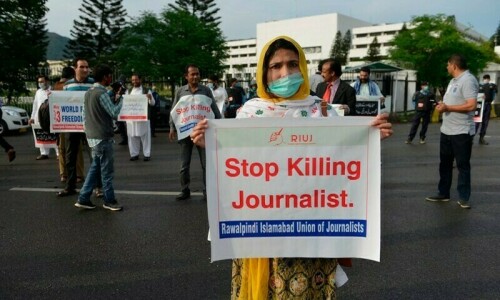


Dear visitor, the comments section is undergoing an overhaul and will return soon.